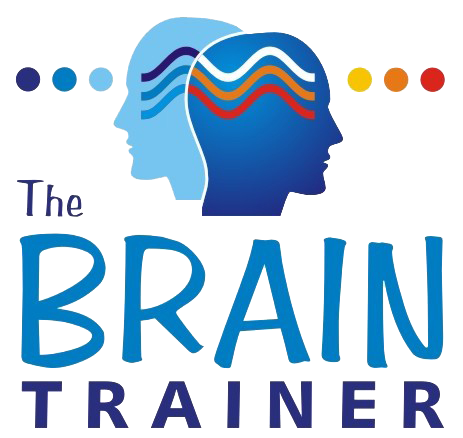.
WHAT IS NEUROFEEDBACK?
A Drug Free Alternative to better Well-Being
.
Neurofeedback for SLEEP
Sleep is essential for so many things. It helps with concentration, judgement, good decision making, and many other executive functions that help us be effective throughout the day. Outside of poor functioning throughout the day, the side effects on the brain of little to no sleep are extensive.
.
- Do you find yourself lying awake at night worrying or being unable to shut off your mind?
- Maybe you don’t feel rested or like you’re always trying to “catch-up” on sleep?
- Do you wake multiple times throughout the night?
- Does your child struggle with a sleep problem like nightmares or bedwetting?…..
The Role of the Brain and Sleep
The brain regulates sleep. Falling asleep and staying asleep is clearly the job of the brain.
An EEG (brainwaves) clearly reflects changes in sleep stages. Generally, when someone experiences poor sleep it’s often the result of a low alpha response. When you close your eyes, alpha should increase, creating a feeling of alert calmness, which then helps you cycle into theta, and eventually fall asleep.
There are a myriad of reasons why people can’t sleep at night. When something is interrupting your alpha rhythms, whether it’s overwhelming stress, mental illness, a trauma response, chronic pain, or apnea, falling or staying asleep becomes difficult, sometimes impossible. When sleep is impacted memories aren’t consolidated, healing doesn’t occur the way it should and restoration and rejuvenation is limited..
Neurofeedback can help.
.
Why Is Neurofeedback Effective for Sleep Issues?
Neurofeedback is a powerful tool for helping people fall asleep and stay asleep.
Neurofeedback has the ability to positively impact sleep because it works on the areas of the brain that allow and regulate sleep. Training brainwaves using Neurofeedback to increase slow brainwave activity or to increase specific EEG activation patterns appears to help the brain normalize sleep.
With Neurofeedback, most people can train their brain to allow sleep again by rewarding it for creating healthier patterns. Sleep can improve surprisingly quickly for clients.

Common Sleep Issues that Improve with Neurofeedback:
.
- Insomnia – Difficulty falling asleep; difficulty maintaining sleep during the night
- Difficulty waking from sleep
- Difficulty getting to bed
- Not feeling rested after sleep
- Sleeping too long (over 10 hours)
- Physically restless sleep
- Nightmares
- Bedwetting (Nocturnal enuresis)
- Sleepwalking
- Restless leg syndrome – Leg discomfort or sleep causing movement & arousal
- Bruxism – teeth grinding during sleep
- Sleep terrors – Abrupt arousal with intense fear, difficult to awaken, no dream recall or memory of event
- Narcolepsy
- Dysregulated sleep patterns/cycles (circadian rhythms)

